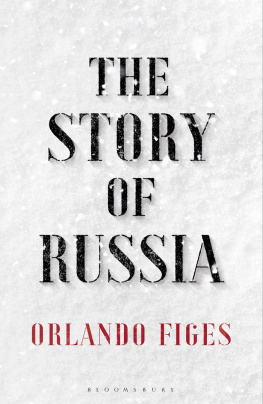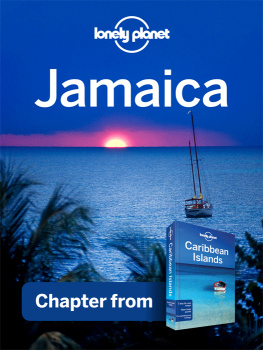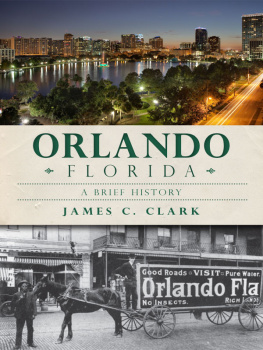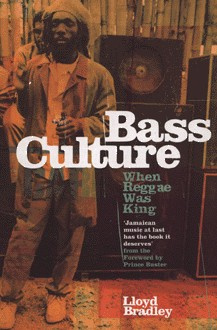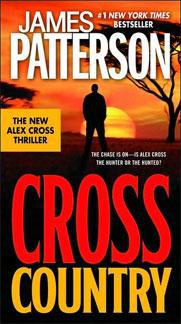Orlando Patterson - The Confounding Island
Here you can read online Orlando Patterson - The Confounding Island full text of the book (entire story) in english for free. Download pdf and epub, get meaning, cover and reviews about this ebook. year: 2019, publisher: Harvard University Press, genre: Politics. Description of the work, (preface) as well as reviews are available. Best literature library LitArk.com created for fans of good reading and offers a wide selection of genres:
Romance novel
Science fiction
Adventure
Detective
Science
History
Home and family
Prose
Art
Politics
Computer
Non-fiction
Religion
Business
Children
Humor
Choose a favorite category and find really read worthwhile books. Enjoy immersion in the world of imagination, feel the emotions of the characters or learn something new for yourself, make an fascinating discovery.

- Book:The Confounding Island
- Author:
- Publisher:Harvard University Press
- Genre:
- Year:2019
- Rating:3 / 5
- Favourites:Add to favourites
- Your mark:
- 60
- 1
- 2
- 3
- 4
- 5
The Confounding Island: summary, description and annotation
We offer to read an annotation, description, summary or preface (depends on what the author of the book "The Confounding Island" wrote himself). If you haven't found the necessary information about the book — write in the comments, we will try to find it.
The Confounding Island — read online for free the complete book (whole text) full work
Below is the text of the book, divided by pages. System saving the place of the last page read, allows you to conveniently read the book "The Confounding Island" online for free, without having to search again every time where you left off. Put a bookmark, and you can go to the page where you finished reading at any time.
Font size:
Interval:
Bookmark:
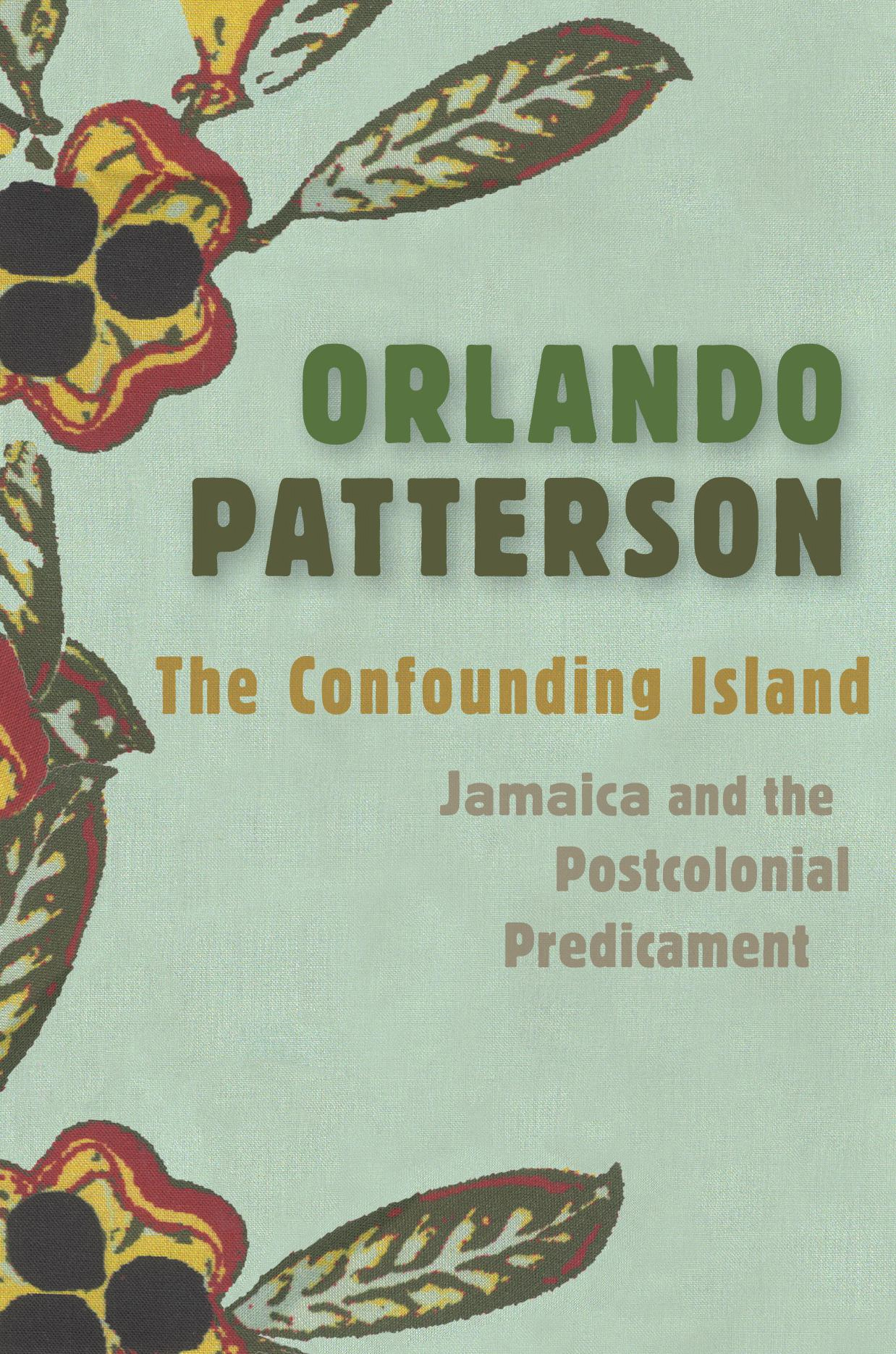
The Confounding Island
Jamaica and the Postcolonial Predicament
Orlando Patterson
The Belknap Press of Harvard University Press
Cambridge, Massachusetts
London, England
2019
Copyright 2019 by the President and Fellows of Harvard College
All rights reserved
Jacket illustration: Nalo Hopkinson
Jacket design: Lisa Roberts
978-0-674-98805-7
978-0-674-24307-1 (EPUB)
978-0-674-24308-8 (MOBI)
978-0-674-24306-4 (PDF)
The Library of Congress has cataloged the printed edition as follows:
Names: Patterson, Orlando, 1940 author.
Title: The confounding island : Jamaica and the postcolonial predicament / Orlando Patterson.
Description: Cambridge, Massachusetts : The Belknap Press of Harvard University Press, 2019. | Includes bibliographical references and index.
Identifiers: LCCN 2019015063
Subjects: LCSH: PostcolonialismJamaica. | Nationalism and sportsJamaica. | Reggae musicJamaica. | Urban poorJamaica. | JamaicaSocial conditions. | JamaicaEconomic conditions.
Classification: LCC HN223.5 .P37 2019 | DDC 306.097292dc23
LC record available at https://lccn.loc.gov/2019015063
Excerpt from Islands from IN A GREEN NIGHT by Derek Walcott. Copyright 1962 by Derek Walcott. Reprinted by permission of Farrar, Straus and Giroux.
For Anita
and for Kaia, Barbara, and Rhiannon
But islands can only exist
If we have loved in them.
Derek Walcott
I shall return again; I shall return
To laugh and love and watch with wonder-eyes
Claude McKay
There are few places on earth more confounding than Jamaica. A little island barely the size of Connecticut, it has a larger global profile than countries hundreds of times its size; at times celebrated for the spectacular performances of its stars and the worldwide impact of its cultural creations, it is often condemned for the depravity of its gangsters and racketeers and the failures of its economy. Jamaicans, all too aware and selectively proud of this record, are prone to say, Wi lickle but wi tallawah, a creole expression meaning We are little but so mighty.
In global comparisons Jamaica has an unnerving way of ending up within either the best or the worst group of countries. Jamaicans frequently claim that, with over sixteen hundred places of worship, the country has the greatest number of churches per square mile in the world, which suggests a truly God-fearing group of people. Whatever the accuracy of that findingBermuda and Malta may have more, in per capita termsthere is little doubt that Jamaicans are in serious fear of God and, even more, Satan, judging by the numbers in attendance on Sundays and Saturdays (both the prime minister and governor general belong to the large and puritanical Seventh-day Adventist denomination) and the fire and brimstone sermons of its fundamentalist preachers. It has also produced what has become a global religion, Rastafarianism, with followers all over Europe, America, and Asia and the high and soothing motto of peace and love. Nonetheless, it is one of the most violent, reckless, and downright sinful of nations, at one time having the highest homicide rate in the world and for most of this century remaining firmly in the top ten most murderous places.
Its national music, reggae, is globally influential, with its national hero, Bob Marley, arguably one of the worlds most recognizable voices, his message of love, hope, and resistance serving as inspiration to people of every faith and culture. Nonetheless, the latest version of reggae, dancehall, celebrates violence, thuggery, homophobia, and sexism to such a degree that several of its best singers have been banned from performing in Europe and the United States. Its track athletes dominate the world and have run the fastest times on record. But off the track, Jamaicans are notorious for being among the slowest people to show up for appointments. Indeed, they take pride in their tardiness, with another telling expression, used with maddening frequency, being soon come, which can mean anything from an hour to a week.
For all its global excellence in athletics and music, which paradoxically is based not, as many may think, simply on raw talent but on careful institution building, adroit entrepreneurship, and hard work, the islands economic performance, with the exception of its booming tourist industry, has been a dismal failure. Although blessed with one of the richest deposits of bauxite in the world, extraordinary natural beauty both on its beaches and in its lush, soaring mountains, which makes it a paradise for tourists, the island has had stagnant or negative rates of growth since the 1970s. Soon come may have something to do with that. But even here the place confounds. To the World Bank (2004), which has expended enormous (unsuccessful) effort trying to turn its economy around, the island presents an inexplicable economic conundrum, which it described in one of its country studies as the paradox of the 1990s. Understandable, given that throughout that decade and continuing in the twenty-first century, although its growth rate stalled or went negative, its poverty rate kept going down, falling by nearly 50 percent at the same time. This defies all economic logic, and the World Bank has all but given up trying to explain it. Equally perplexing is the fact that after several decades of economic stagnation the islands economy has suddenly come to life under a new generation of young leaders. In 2015 Bloomberg announced that Jamaicas little stock market was the best performing in the world (Fieser 2015), and Global Banking and Finance in 2018 called Jamaica the best place in the world to start a business.
But defying economic, social, and medical logic seems to be a specialty of the island, and it is no accident that the term paradox appears so often, in both expert and lay attempts to understand the place. To take another example from its demographic history, during the second third of the twentieth century, though it was an impoverished colony in a neglected part of the British Empire, the islands population went through an astonishing demographic transition from medieval-level life expectancy to one on a par with the advanced nations. The demographer James Riley (2005) entitled his work on the subjectwhat elsePoverty and Life Expectancy: The Jamaica Paradox. Life expectancy keeps going up, in spite of chronic violence (the fifth main cause of death), alcoholism (yes, there are likely more rum bars per square mile than anywhere else), and insanely reckless driving. Before she died in 2017 at 117, Violet Brown was the worlds oldest living woman. Another Jamaican woman, Merlene Ottey, was the worlds oldest track star, in 2012 still competing in an international meet at the age of fifty-two.
One might think that with so much violence, such poor economic performance, so many head-scratching paradoxes, Jamaicans would be an unhappy lot. Not a chance. In the first World Happiness Report of 2012 (Helliwell, Layard, and Sachs 2012), Jamaica ranked in the top happiest quarter of the 156 countries measured. And while that organization has reported a decline since then, the Britain-based Happy Planet Index (New Economics Foundation 2016) begs to differ, finding Jamaicans, in 2016, to be one of the eleven happiest populations on earth. A Jamaican columnist (Wignall 2012) was understandably led to ask if Jamaicans are happy for the wrong reasons. Could a mentally disturbed man (read nation) be more happy than a normally adjusted person? he asked. The fellow had no good answer. What is clear is that Jamaicans imagine themselves to be a very laid-back people. The expression Jamaica, No Problem, broadcast globally by the islands tourist industry, has been embraced with gusto as a national motto. That Jamaica is among the top ten marijuana-consuming countries in the world (UNODC 2014b) may have something to do with this self-perceptionor self-delusion, depending on your point of view. Whatever the explanation, a positive attitude may well be best for a country with so many problems and perplexing contradictions.
Font size:
Interval:
Bookmark:
Similar books «The Confounding Island»
Look at similar books to The Confounding Island. We have selected literature similar in name and meaning in the hope of providing readers with more options to find new, interesting, not yet read works.
Discussion, reviews of the book The Confounding Island and just readers' own opinions. Leave your comments, write what you think about the work, its meaning or the main characters. Specify what exactly you liked and what you didn't like, and why you think so.


